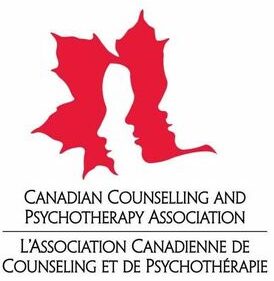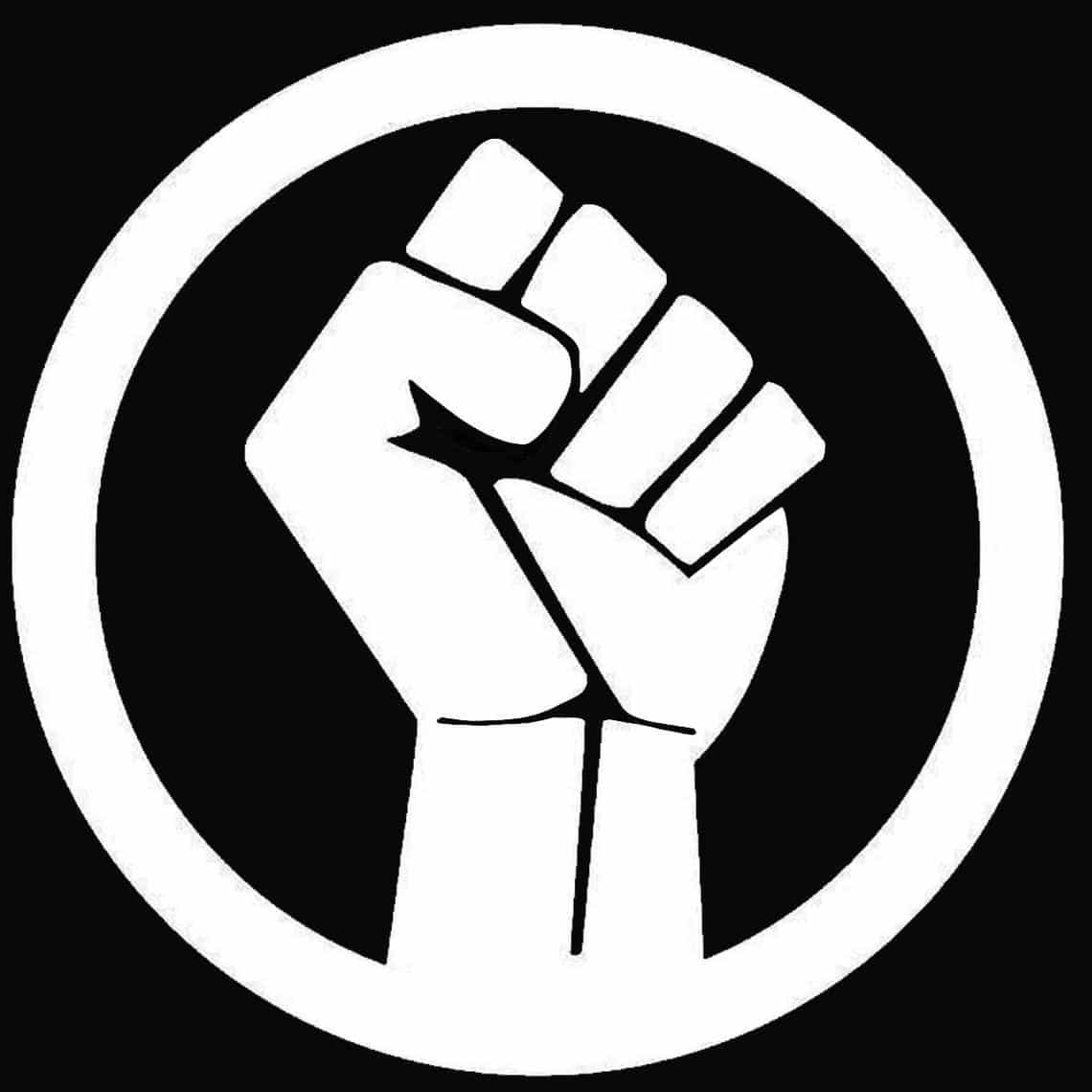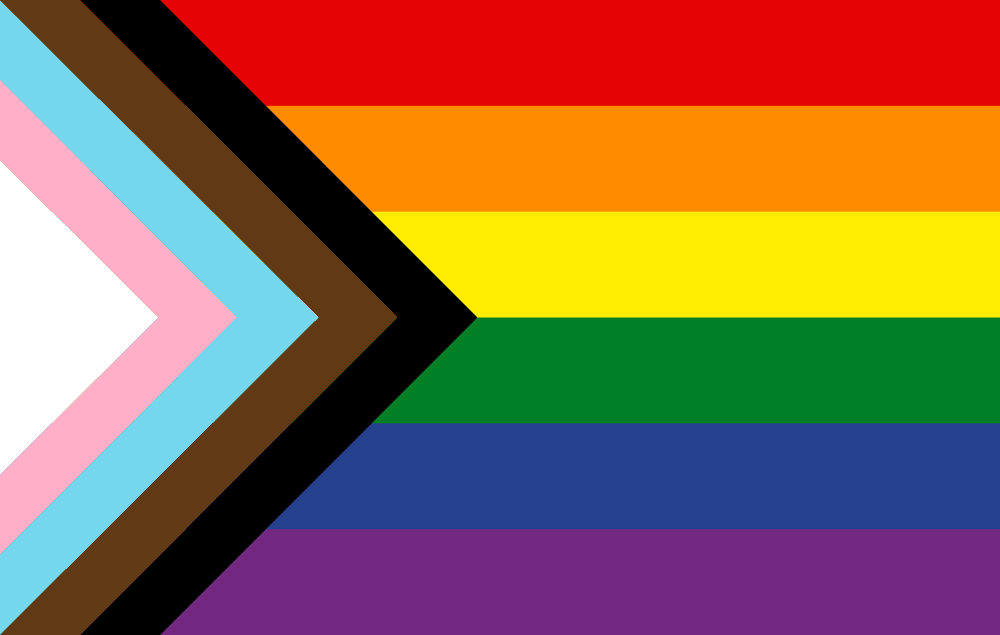Spiritually Integrated Therapy: But Actually

One of the most frustrating and formative experiences of my professional life was going to grad school in a Seminary. My degree was called: Master of Theology in Spiritual Care and Psychotherapy. I was excited about this program for many reasons, but mostly because it gave me an avenue to become a psychotherapist that would allow me to study, speak, and write freely about my mystical perspectives, which I assumed that a degree in Social Work or pure psychology would not.
I was correct about that assumption, and I still believe that my degree was the best option for me at that time. However, it was a bit brutal in some ways – there were mandatory theology courses taught by old-school Christians and my ideas were often quite unwelcome by classmates that wanted to become ministers.
As a mature student going back to school in my early 30’s, I already had well-formed ideas about life and spirituality, seeing as I had already written a book on the subject. For me, I was looking for ways to bring my expansive sense of life into a seamless and workable model of counselling through which I could help others heal and grow.
I assumed that this program would acknowledge and facilitate such an integration, given its title. It took me far too long to realize I was wrong about that. I was coming from a perspective of unaffiliated, non-religious, mystical understandings of life – you know, that collective, timeless wisdom stuff. Spirituality? Duh? Isn’t that what that word means?
Nope. I laugh and sigh at my naivete. I had not realized that academically, and generally, the word ‘spiritual’ actually was a synonym for: religious. Whereas for me, these two things are almost literally opposites. Spiritual is to religious just like the idea of ‘basic and equal human rights’ is to the word ‘government’.
So, I had to trudge through – I think I can say this now – utterly insane classes on the Old Testament and biblical analysis that although they were academically rigorous, have mostly just given me a profound abhorrence of Christianity, and an exceptional capacity to criticize it to shreds in a discussion with any mild-mannered, zealous church goer. Nothing riles me up like Christianity.
The fact that some people mistake it for spirituality is a thorn in my soul, whatever that means. But don’t get me started.
For the sake of this article though, my point is that in my grad school classes, it was increasingly apparent that I was not getting the integration that I was hoping for. At least – thank goodness – I was able to speak about and reference my mystical, buddhist and vedantic leanings in my essays without redress, but instead of feeling a merging of worlds, it was clear that there was a division. There were religious classes, and there were psychology classes. They met in only the most clunky sense.
But then we finally had a class, and even a book directly pointing to: Spiritually Integrated Psychotherapy. I was excited about that. But then it was the most astonishing disappointment.
The central part of this teaching revolved around a man who was, at least in that school and department, considered the leading edge of this concept. I’m not going to name him, but he pretty literally wrote the book on spiritually integrated psychotherapy – like I’m pretty sure that is what the text was called.
We studied this book, and the school made this big deal about when he came around on tour to give a big guest lecture. Main event. I remember the talk primarily for the feeling of empty surprise that I felt afterwards. And maybe a bit of anger. I felt duped, is maybe the word.
It took me a long to time to articulate the feeling of wrongness that I sensed in that program, that seemed to culminate and be represented in this talk.
He spoke about therapy and counselling sessions with people, and his great climactic point was illustrated by a story about how a client could find something about the therapy session “a sacred moment” – and his mic-drop discovery seemed to be that he was informing all these academics and therapists and ministers-to-be that in our intimate pastoral and counselling moments our clients could –maybe if we are lucky – experience the divine.
Jesus. Seriously? That’s what you mean by spiritually integrated? I want my money back.
I’m looking around me like I’m in a crowd of people who have just realized that they are allowed to breathe air. This is big news? Your big discovery is that there can be sanctity that is not within the confines of church and religious trappings? I felt – I feel – like flipping over the tables.
You didn’t know that you could have sacred moments literally anywhere, at any time? We actually had to say out loud that you could have those moments in the deep emotional vulnerability that comes in intimately relating to another person?
That’s not spiritually integrated therapy. That’s just therapy without being emotionally blind.
And calling a particular healing moment ‘sacred’ seems to then hold this implication that there has been an incursion by “God” into that experience; as if healing or profundity was coming from something outside of us. I realize that this is a point that is very Christian – the external locus of the divine – but it is also antithetical the ethos of therapy, not to mention contrary to our natural experience.
Now, this was not the entire thesis and teaching of this book and the course, but I feel it sums it up. To be fair, the book and course (and the program) spoke of a broader sense of spiritually integrated therapy. However this broader notion just reinforced my frustration.
The core teaching of this book and course – and from what I can tell, of much of this whole field that uses this name of ‘spiritual integration’ – is that as counselors and therapists, we could make space for a person’s religious beliefs, and even use them to deepen our therapeutic work. The courageous conclusion to this “daring” mode of thought is that in fact, we must include this for therapy to really consider the person as a whole.
You’d think that this was obvious. Well, I did. Incredibly – academically – it has not been. Consider that in other schools where people are learning to about therapy – schools of pure psychology and social work (which are the major ones) that it has not been part of the curriculum to teach this at all. In fact, it was often considered that a person’s religious thinking was something we should NEVER touch or talk about in therapy (according to my social work friends) and only recently has that changed mildly as schools are trying to be more culturally considerate – so religious views are being held under that heading.
“Considering someone’s religious beliefs”, letting that be part of the whole person that you’re working with – that is good and obvious and necessary. Yes. No complaint with this at all.
But that is not ‘spiritually integrated’ anything. That’s a misnomer. It took me years to get the right words for it but now I think the best way to describe what that class was talking about was not “spiritually integrated” but “Religiously Considerate counselling”.
It’s not integrated at all.
Integration means something that is combined, unified, seamlessly working together. Well, at least ideally, that what it means.
But I think that until recently we really, honestly could not consider that this was possible. Academically, professionally, this was taboo. Talk about bringing spirituality – real mystical and non-materialist ideas – into the classroom or doctor’s or therapist’s office? Well you’d be inviting derision. You’d have to wrap it up in religious language and then you’d be firmly labelled a minister. If not, you’d be asking to be labelled woo-woo and obviously not taken seriously.
That really needs to change.
A truly spiritually integrated therapy is one where all dimensions of a person are holistically considered. It is one where the approach recognizes and utilizes and respects the underlying essence of life; where this is embedded in the ideology and the process of our counselling. It has nothing, nothing to do with religion. Religion, in most cases, is just another belief system that we might look at, which likely just occludes a person’s understanding of reality, and usually causes precisely the existential suffering that therapy is meant to alleviate. Religious beliefs can be a tool that brings someone towards spiritual understanding, but often, they are another obstruction. After all, even the most accurate beliefs still have limitations in the face of pure experience.
During my Masters program I started working in hospitals in their ‘spiritual / pastoral counseling’ departments. I was determined to bridge the worlds of my etheric spirituality with the solid, tangible realm of human interactions. But I was frustrated by people’s insistence and persistence of bringing religious elements into the mix. I confused people because I was not affiliated with any church or religion. People kept asking me which one I was part of. In that context, “none” was an unacceptable answer. People called me “Father” and assumed I was a minister or priest and asked me to pray with them. There was a lot of beauty in the time I spent doing that work, and I will pray with you if that’s what you like, but it was not allowing me to authentic, nor was it giving me the format with which to facilitate the deeper healing work that I wanted to do.
So what does a truly Spiritually integrate Therapy actually look like? Well I’m glad you asked! I have a lot to say on that. As I’ve mentioned elsewhere, I’m actually in the middle of writing a book which largely addresses this topic, and hopefully it can give a more satisfying and thorough answer.
But briefly here, a truly integrated therapy is one in which body, mind and essence are one and the same. A spiritually integrated therapy is one in which psychological healing and spiritual growth exist on the same continuum. The real fusion of mind and spirit means a paradigm shift where there is shared essence between therapist and client. And perhaps most notably, if we are to intelligently embed our therapy with a sense of our universal, shared being, then any notions of an external God must be questioned.
There are many more ways that we could describe the nuance of this, and I hope to do so in my book. But even with these few indicators, I think we can get the sense that this is a shift from the rigid, overly cognitive, psychological models of the past, but not something that is drastic enough to be impossible. In fact, many of us are already and intuitively doing this.
What we have not been already doing is speaking openly about our shared being and making it explicit in our modes of training and formation of new therapists. Teachers have been so scared of speaking about spirituality, since it has been so taboo in academic settings. So one of the things that we need to do is to start speaking more intelligently about all of this, and not exclude this from our teaching and our understanding of life.
An academically rigorous, secular spirituality: surely if humanity is going to ever evolve to some kind of civility, that must be its basis. And the means!
The whole field and practice of therapy stands poised and ready to be possible the main vehicle in the western world for how people discover and uncover greater truths about themselves. We have the opportunity to embrace that. Our spirituality – meaning our sense of shared essence with all people and things – this absolutely belongs in the therapy office. It does not merely belong, but it is integral to the process having any sense on a large scale.
We are not material beings first, nor are we psychological beings first; our spirit – whatever that means to you – our fundamental aware being – this is a priori to all else we can name. It undergirds everything.
Everything. Especially, and closely, spirit is the essential fabric of mind. To know this in our work – not necessarily to say it out loud – but to let this be the known force in our healing and connection – that is what it must mean to have a truly spiritually integrated psychotherapy.
And the beautiful thing about this is that when this is so – then the framework for our work may not even need to change much. The ‘what’ is generally less important than the ‘how’. We can still practice CBT, or Somatic Experiencing, EMDR, or IFS. These are tools that we can wield in a space of separation and hard materialism, or they are tools that we can wield in a spirit of non-dual communion. It makes all the difference.
Because ultimately, when the traumas are healed, when the mind finds greater balance and cohesion, what is next? Can the therapist go deeper? Can we help our clients encounter and know our shared being? This has always been the most powerful source of healing and insight and change in the world – long before we bothered to articulate it. It is the encounter and experience of love.
A spiritually integrated therapy is, in another sense, just a therapy that knows this. It is not even a therapy. It is a way of being together, that is based in, aware of, and deliberate about, unconditional love.
Every meeting is sanctified by this. Every life is enriched. Every mind is healed, by none other than this.
What else is therapy? What else is true spirituality?
And why did we ever consider that they were separate?






